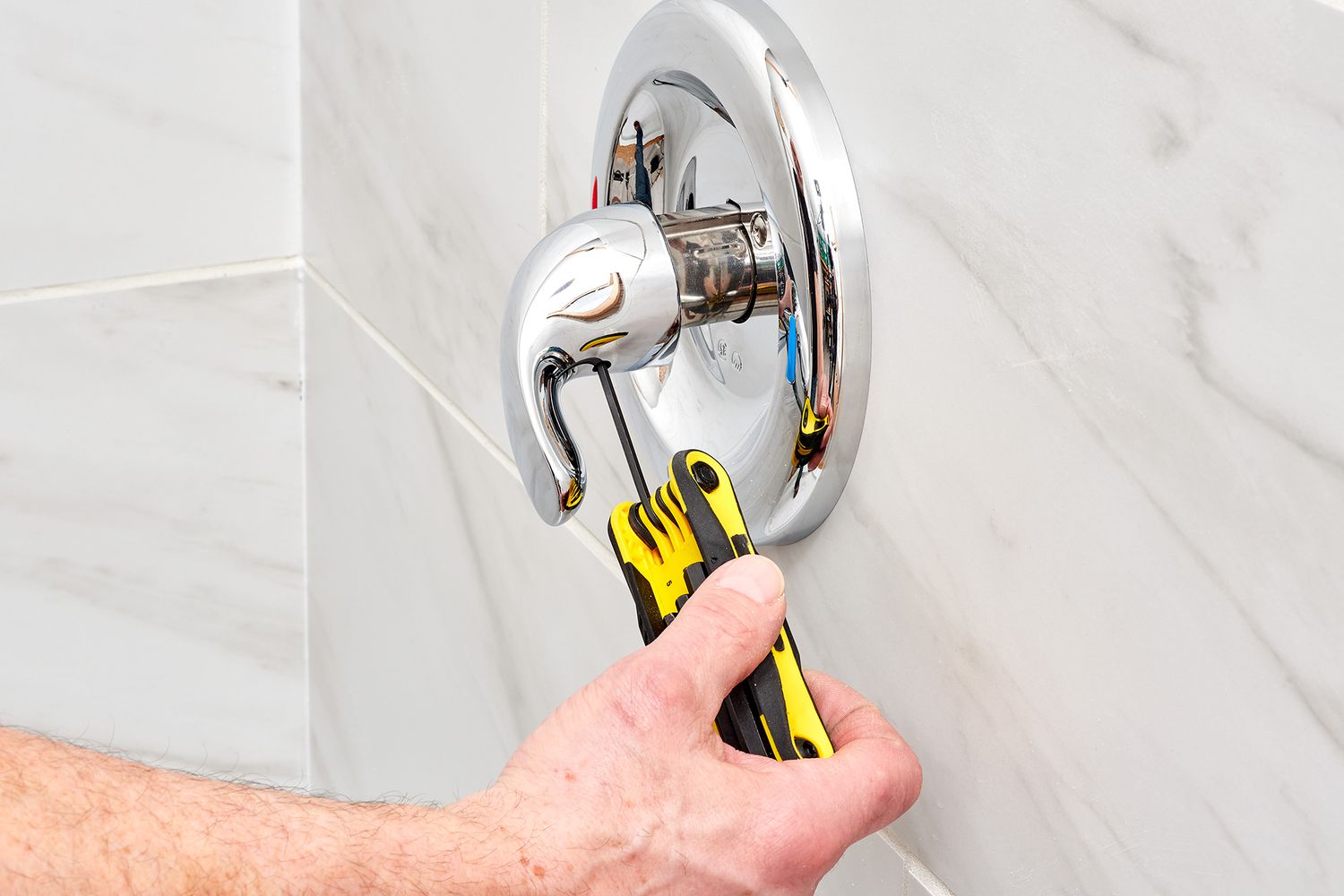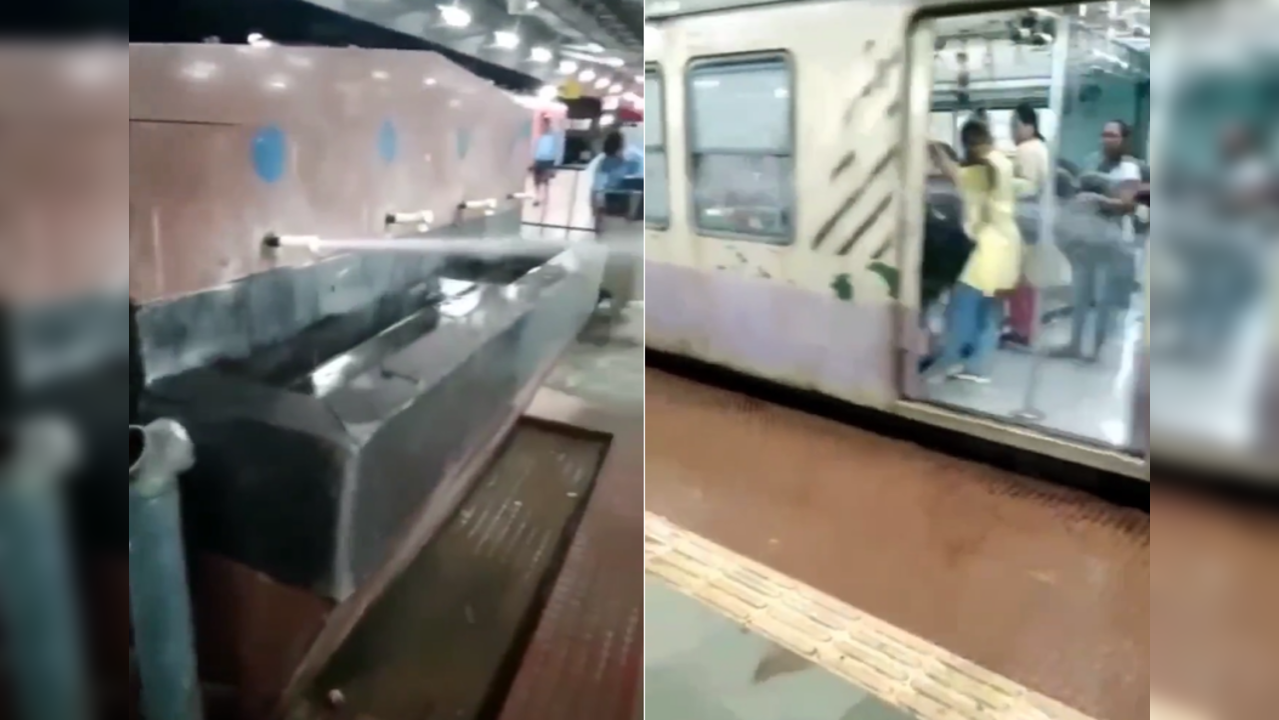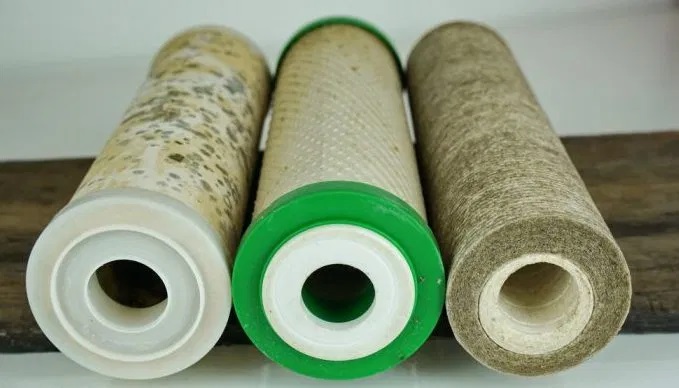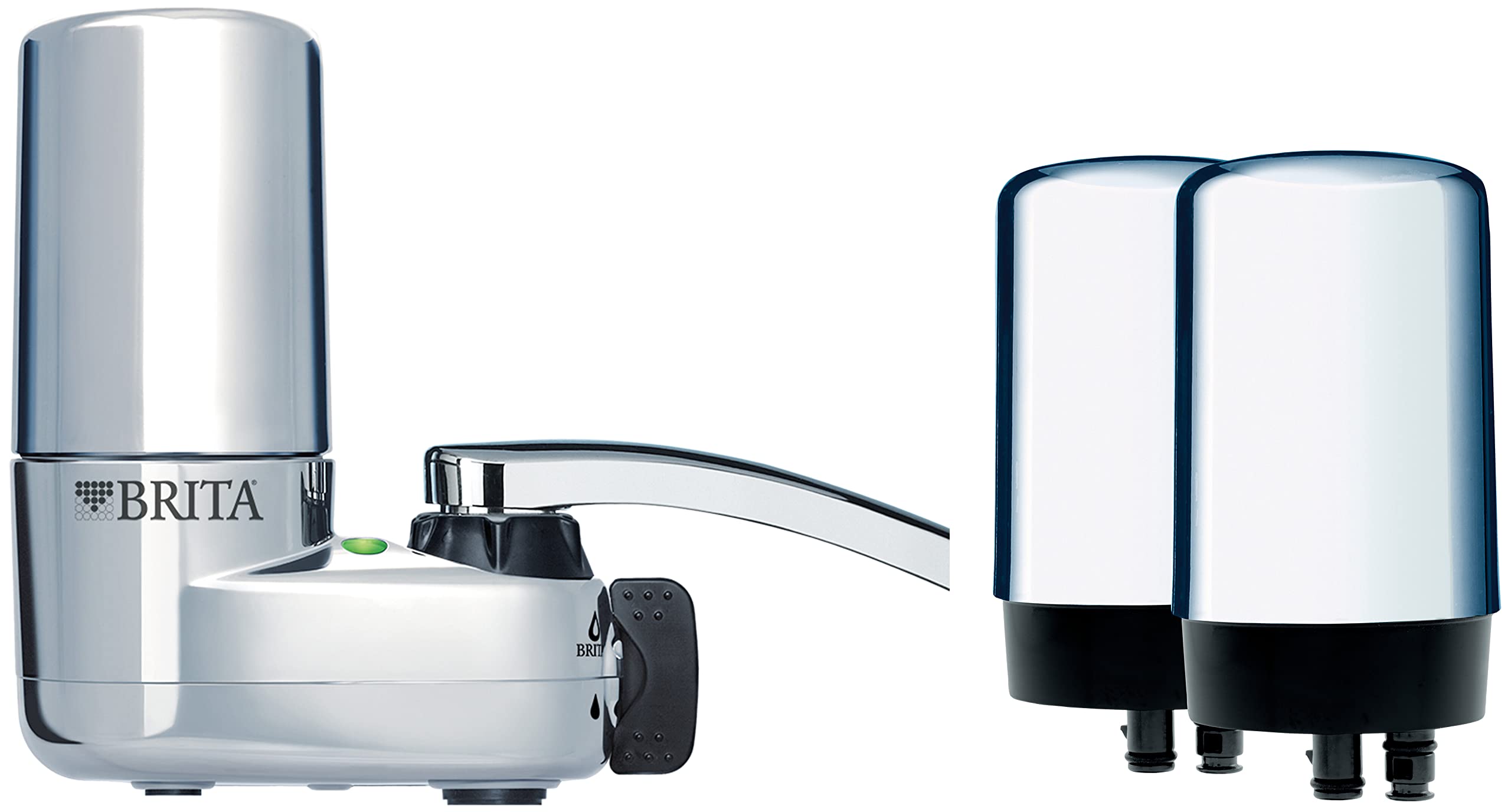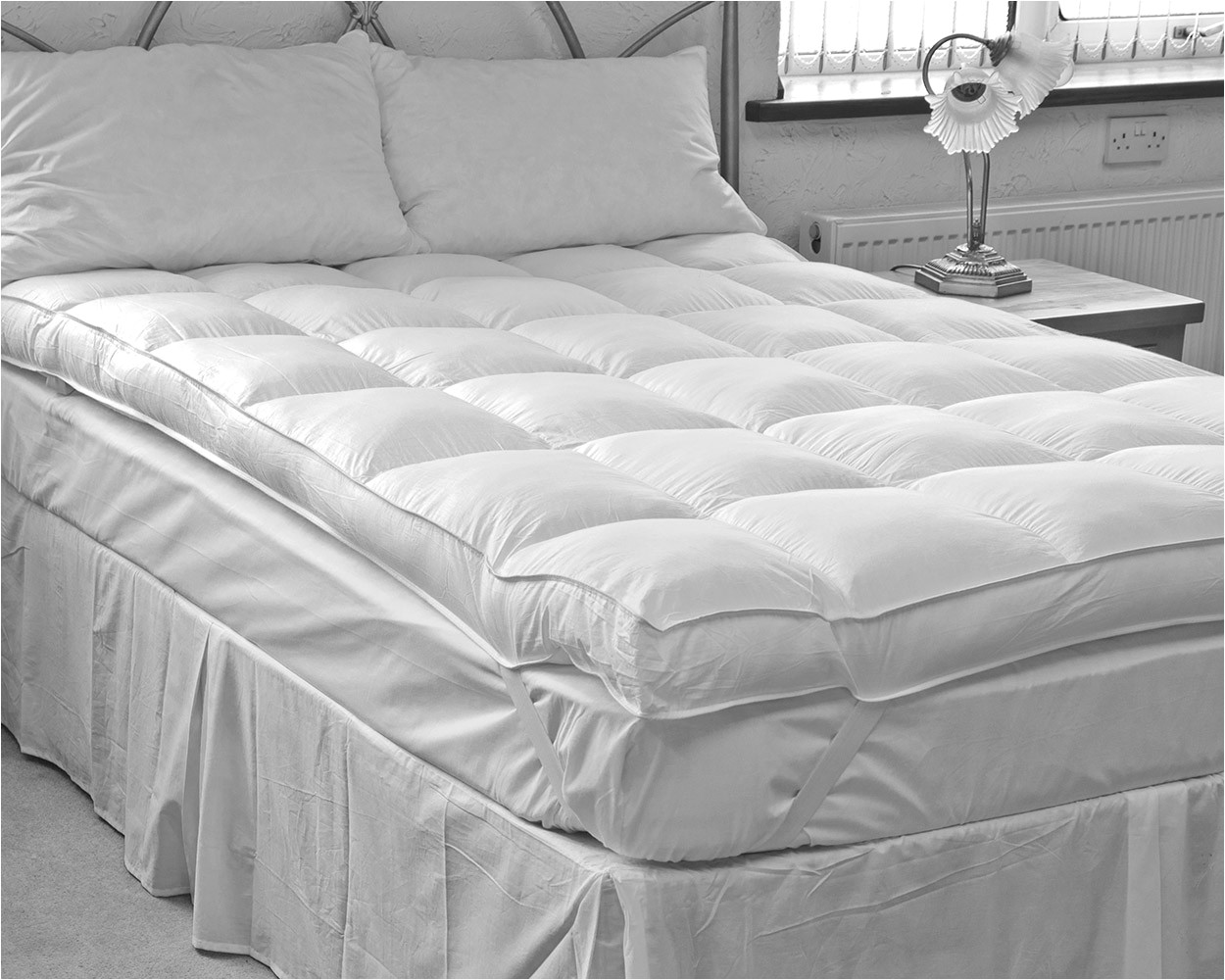One of the most common causes of lost water pressure in a sink or kitchen is a clogged faucet aerator. The aerator is a small mesh screen located at the end of the faucet spout. Over time, it can become clogged with mineral deposits, debris, or sediment, blocking the flow of water. This can cause a noticeable decrease in water pressure, making it difficult to wash dishes, hands, or fill up a pot. 1. Clogged Faucet Aerator
If you notice a sudden and significant drop in water pressure in your sink or kitchen, it could be due to a broken water supply line. These lines are responsible for bringing water from the main supply to your home, and if they become damaged or cracked, it can severely affect the water pressure. Keep an eye out for any signs of leaks or water damage, and if you suspect a broken supply line, it's essential to have it fixed immediately to restore proper water pressure.2. Broken Water Supply Line
The pressure regulator is a small device that controls the flow and pressure of water coming into your home. If this regulator becomes faulty, it can lead to a drop in water pressure. This issue is more common in older homes, and it's essential to have a professional plumber check and replace the regulator if needed to maintain proper water pressure.3. Faulty Pressure Regulator
Leaking pipes can also be a significant cause of lost water pressure in a sink or kitchen. Even a small crack or hole in a pipe can result in a significant decrease in water pressure. In addition to affecting water pressure, leaking pipes can also lead to water damage and mold growth if left untreated. Regularly check for any signs of leaks and have them repaired as soon as possible to avoid further issues.4. Leaking Pipes
Over time, minerals from hard water can build up and clog your pipes, significantly affecting water pressure. This issue is more common in areas with hard water, and it can be challenging to fix on your own. A professional plumber can use specialized tools to remove the mineral buildup and restore proper water pressure.5. Mineral Buildup in Pipes
The shut-off valve is responsible for controlling the flow of water to your sink or kitchen. If this valve becomes faulty, it can restrict the flow of water and cause low water pressure. A worn-out or damaged shut-off valve may need to be replaced by a professional plumber to restore proper water pressure.6. Faulty Shut-Off Valve
Sometimes the cause of low water pressure in your sink or kitchen is out of your control. Municipal water supplies can occasionally experience low water pressure due to maintenance or repairs being done. This issue is usually temporary and should resolve on its own. However, if low water pressure persists for an extended period, it's best to contact your local water provider for more information.7. Low Water Pressure from Municipal Supply
If you notice a sudden loss of water pressure in your sink or kitchen, it could be due to air getting trapped in the pipes. This can happen when there is a break or disturbance in the water line, causing air to enter the pipes. Luckily, this issue can be easily fixed by opening the faucet and letting the air escape. If the problem persists, it's best to consult a professional plumber.8. Air in Pipes
The faucet cartridge is a vital component of your sink or kitchen faucet. If this part becomes faulty or worn out, it can significantly impact water pressure. A damaged cartridge can restrict the flow of water, resulting in low pressure. It's best to have a professional plumber replace the cartridge to restore proper water pressure.9. Faulty Faucet Cartridge
If your sink or kitchen has a water filtration system, a clogged filter can also be a cause of lost water pressure. As water passes through the filter, it can accumulate debris, sediment, and other particles, causing a blockage. Regularly replacing your water filter can help maintain proper water pressure and ensure the quality of your water. If you have experienced a decrease in water pressure in your sink or kitchen, these ten potential causes could be the culprit. It's essential to address the issue promptly to avoid further damage and ensure the proper functioning of your plumbing system. If you are unsure of the cause or how to fix it, don't hesitate to call a professional plumber for assistance.10. Clogged Water Filter
Troubleshooting Low Water Pressure in Your Sink and Kitchen
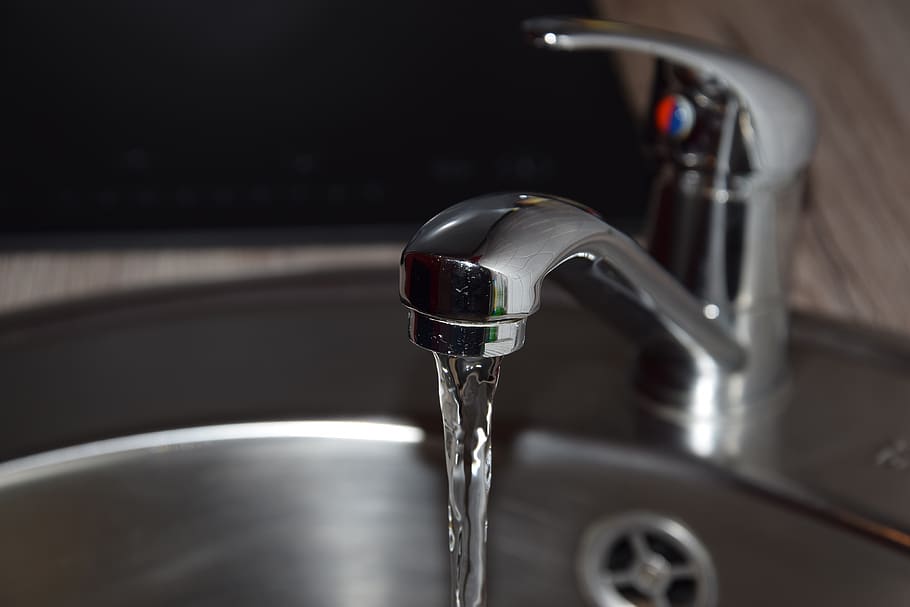
Understanding the Problem
 If you've noticed a significant drop in water pressure in your sink and kitchen, you're not alone. Many homeowners experience this frustrating issue and often struggle to find a solution. The first step in addressing this problem is to understand the potential causes. Low water pressure in your sink and kitchen can be caused by a variety of factors, including clogged pipes, faulty fixtures, or issues with the overall plumbing system. Identifying the root cause will help you determine the best course of action to fix the issue.
If you've noticed a significant drop in water pressure in your sink and kitchen, you're not alone. Many homeowners experience this frustrating issue and often struggle to find a solution. The first step in addressing this problem is to understand the potential causes. Low water pressure in your sink and kitchen can be caused by a variety of factors, including clogged pipes, faulty fixtures, or issues with the overall plumbing system. Identifying the root cause will help you determine the best course of action to fix the issue.
Checking for Clogs
 One of the most common causes of low water pressure in sinks and kitchens is clogged pipes. Over time, debris, grease, and mineral deposits can build up in your pipes, restricting the flow of water. This can lead to a decrease in water pressure and even blockages that can cause serious plumbing issues. To check for clogs, start by inspecting the sink and kitchen drains for any visible debris. If you don't see anything, try using a plunger or a drain snake to dislodge any potential clogs. If the issue persists, it may be time to call a professional plumber to inspect your pipes and clear out any stubborn blockages.
One of the most common causes of low water pressure in sinks and kitchens is clogged pipes. Over time, debris, grease, and mineral deposits can build up in your pipes, restricting the flow of water. This can lead to a decrease in water pressure and even blockages that can cause serious plumbing issues. To check for clogs, start by inspecting the sink and kitchen drains for any visible debris. If you don't see anything, try using a plunger or a drain snake to dislodge any potential clogs. If the issue persists, it may be time to call a professional plumber to inspect your pipes and clear out any stubborn blockages.
Assessing the Fixtures
 Faulty fixtures can also contribute to low water pressure in your sink and kitchen. If you're experiencing low water pressure in only one faucet, it's likely that the fixture itself is the issue. Check for any visible leaks, cracks, or mineral buildup on the faucet head. If you find any of these, it may be time to replace the fixture. If you're unsure about how to do this, it's best to call a plumber for assistance.
Faulty fixtures can also contribute to low water pressure in your sink and kitchen. If you're experiencing low water pressure in only one faucet, it's likely that the fixture itself is the issue. Check for any visible leaks, cracks, or mineral buildup on the faucet head. If you find any of these, it may be time to replace the fixture. If you're unsure about how to do this, it's best to call a plumber for assistance.
Addressing Plumbing System Issues
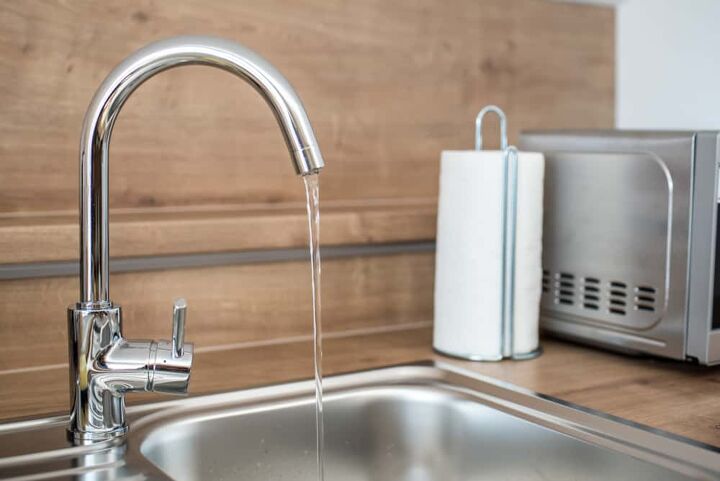 If you've ruled out clogs and faulty fixtures, the problem may lie within your plumbing system. Issues such as a malfunctioning pressure regulator or a leak in the main water line can lead to low water pressure throughout your entire home. In this case, it's best to call a professional plumber to assess and fix the issue. They will have the knowledge and tools necessary to identify and resolve any plumbing system issues that may be causing low water pressure in your sink and kitchen.
In conclusion, low water pressure in your sink and kitchen can be a major inconvenience, but it's not an issue that you have to live with. By understanding the potential causes and taking the appropriate steps to address them, you can easily troubleshoot and fix the problem. Remember to regularly maintain your plumbing system and address any issues promptly to prevent low water pressure in the future.
If you've ruled out clogs and faulty fixtures, the problem may lie within your plumbing system. Issues such as a malfunctioning pressure regulator or a leak in the main water line can lead to low water pressure throughout your entire home. In this case, it's best to call a professional plumber to assess and fix the issue. They will have the knowledge and tools necessary to identify and resolve any plumbing system issues that may be causing low water pressure in your sink and kitchen.
In conclusion, low water pressure in your sink and kitchen can be a major inconvenience, but it's not an issue that you have to live with. By understanding the potential causes and taking the appropriate steps to address them, you can easily troubleshoot and fix the problem. Remember to regularly maintain your plumbing system and address any issues promptly to prevent low water pressure in the future.

:max_bytes(150000):strip_icc()/ac3-56a73c5a5f9b58b7d0e81836.jpg)



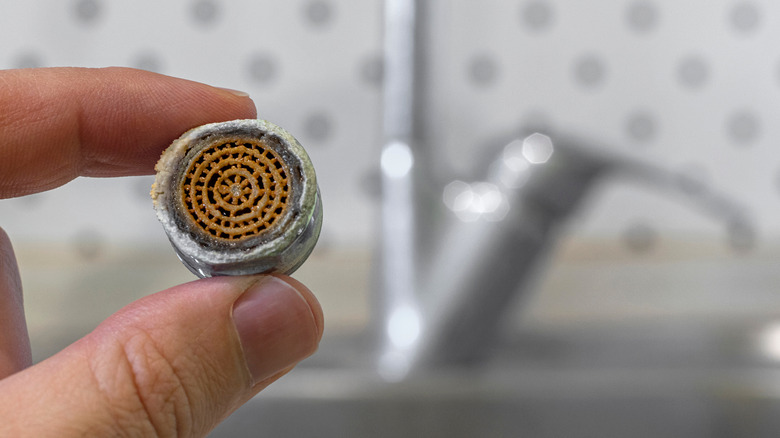

:max_bytes(150000):strip_icc()/clearing-a-blocked-faucet-aerator-2718807-07-b5a90554991f4bb69efb45a472df7f23.jpg)
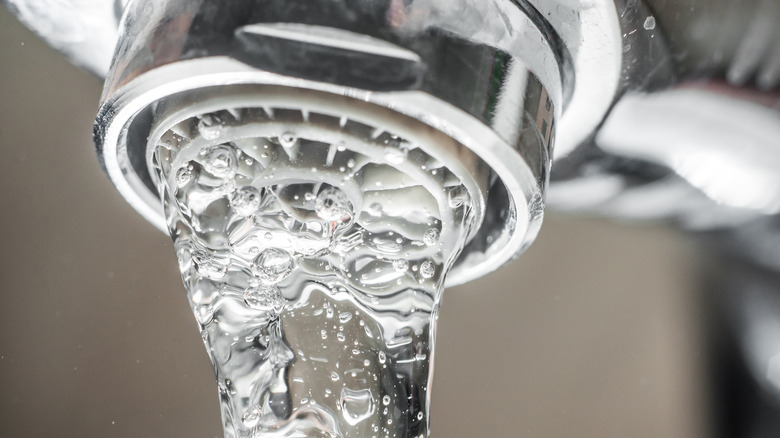

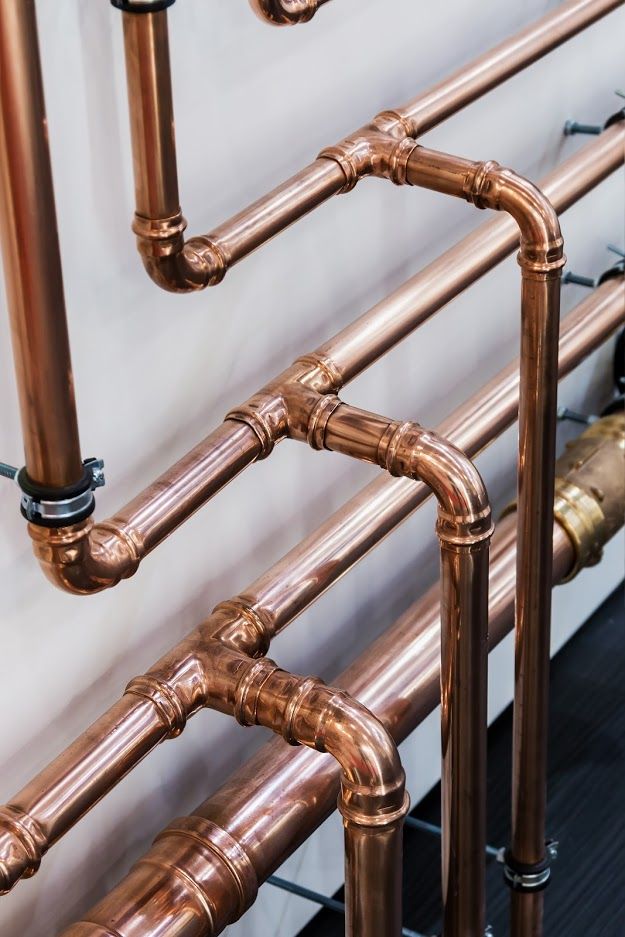



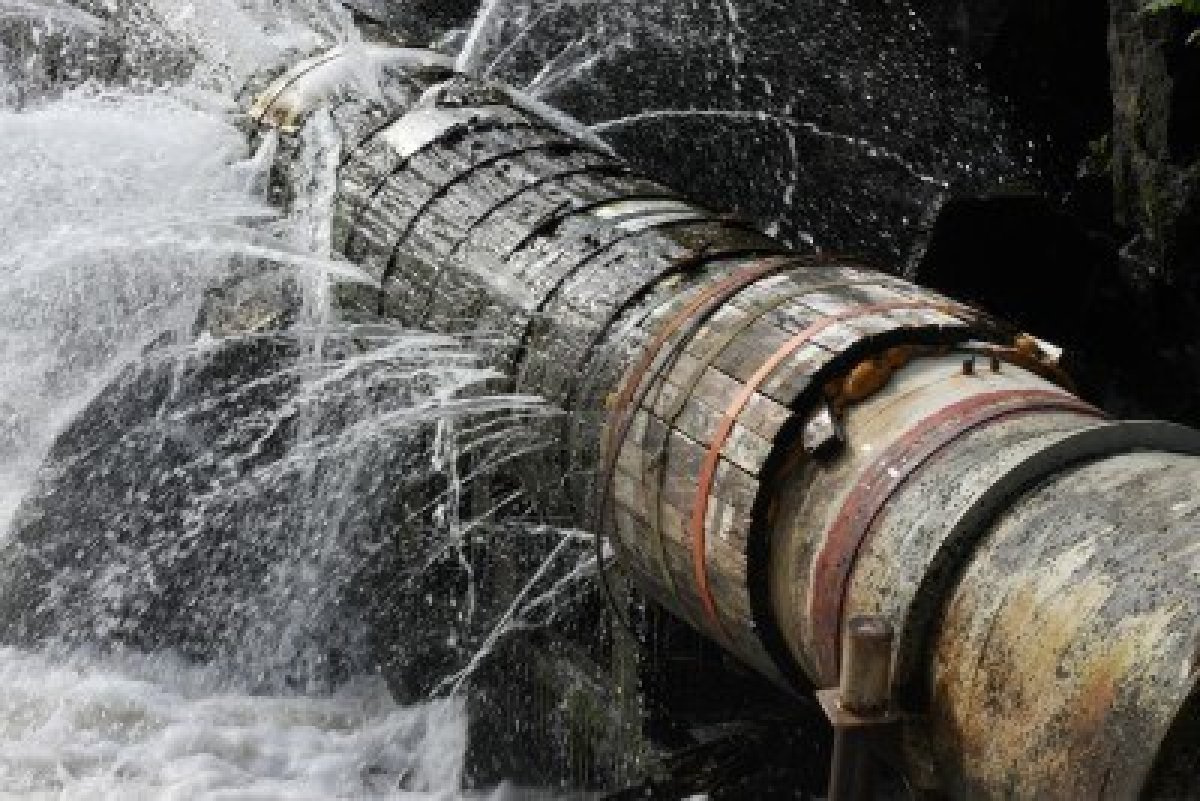
/UndergroundWaterLine-Broken-717c87cffc3c4903988fe0dfaca72809.jpg)



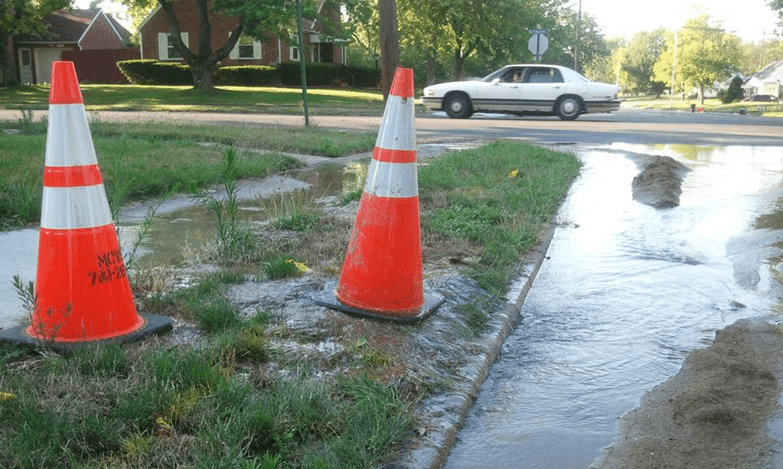
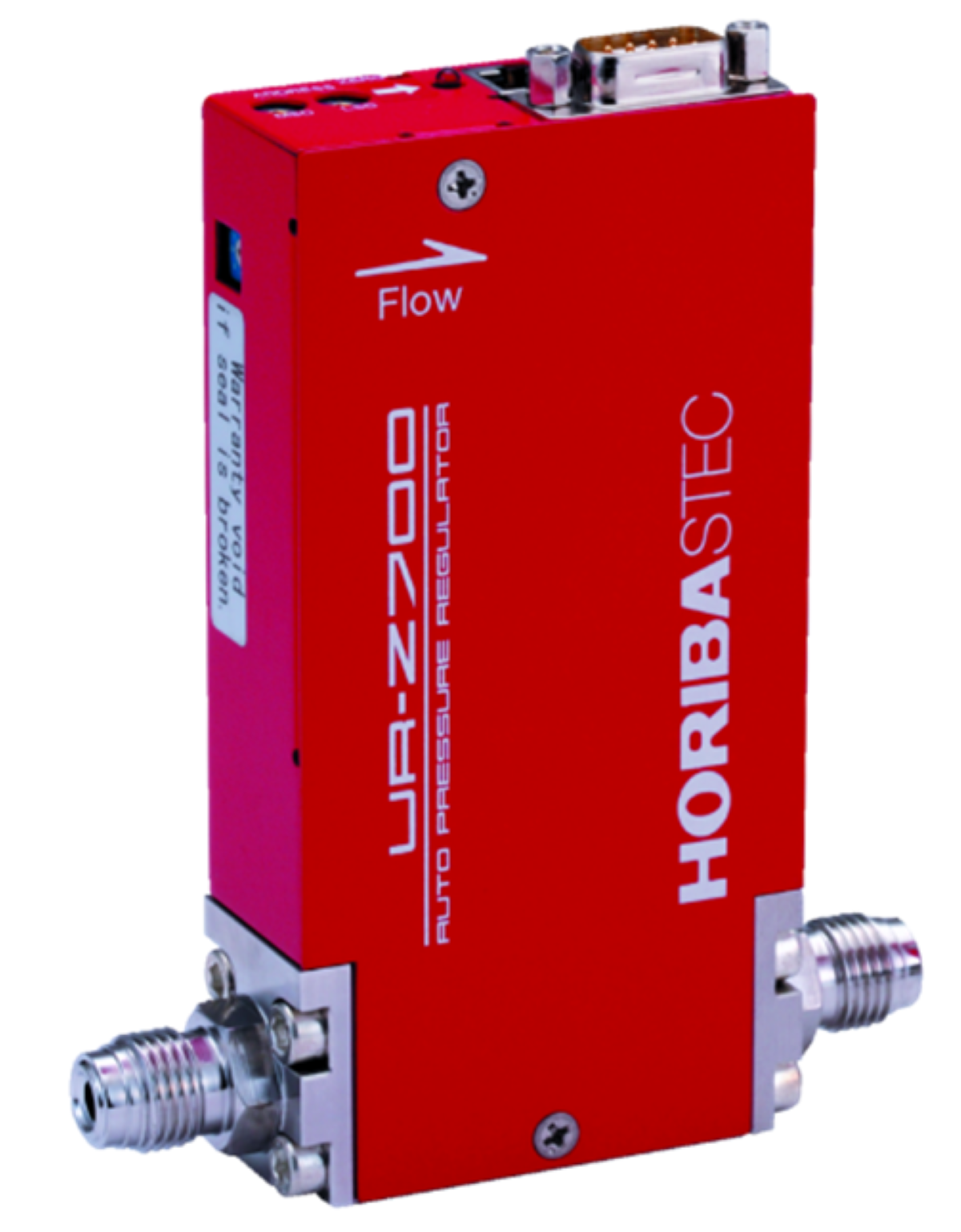
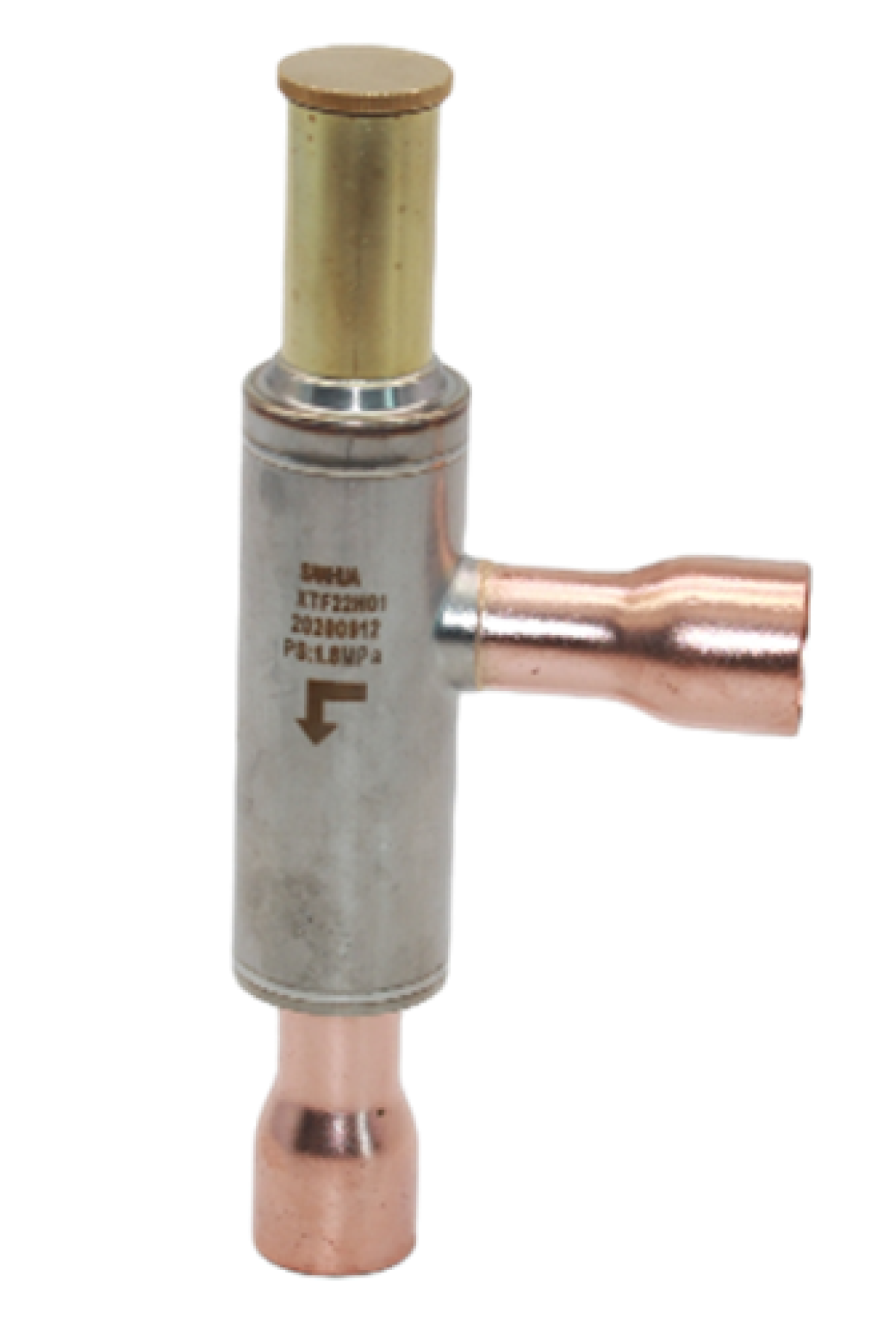
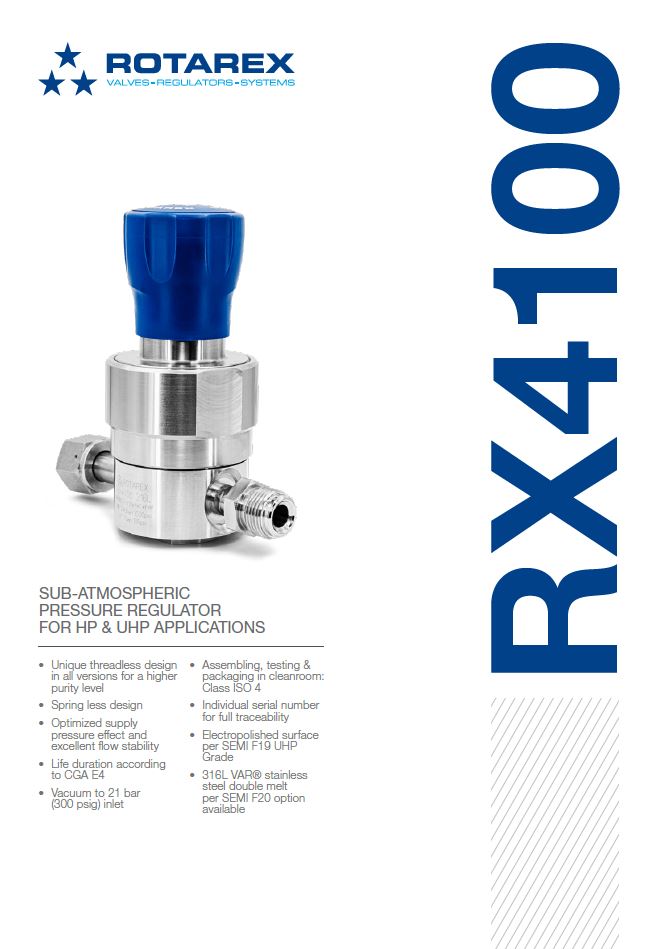



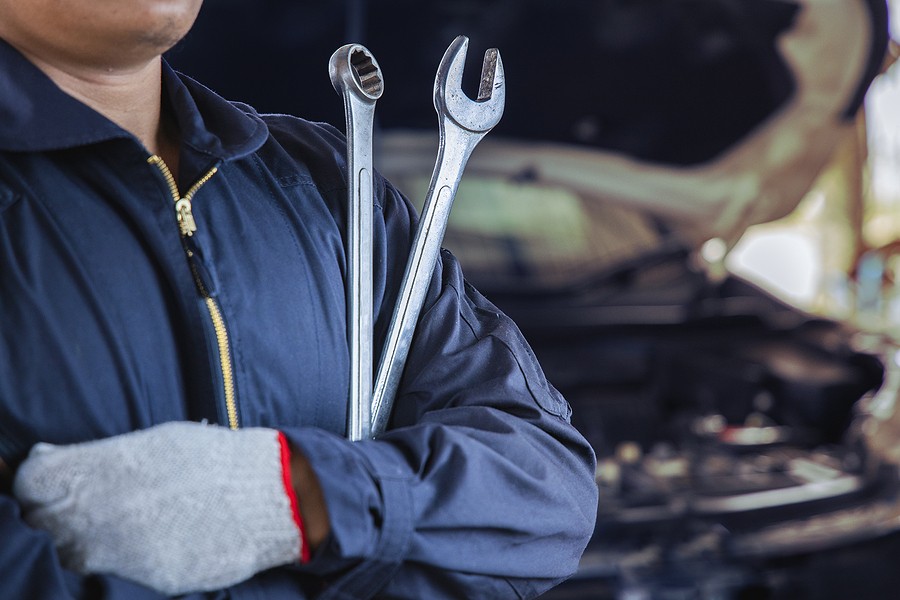

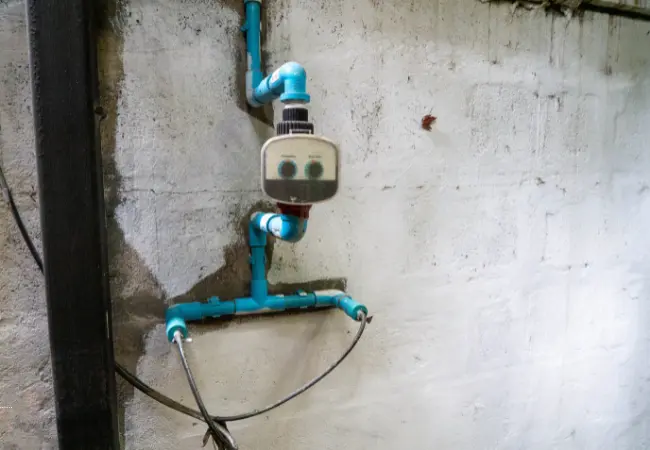
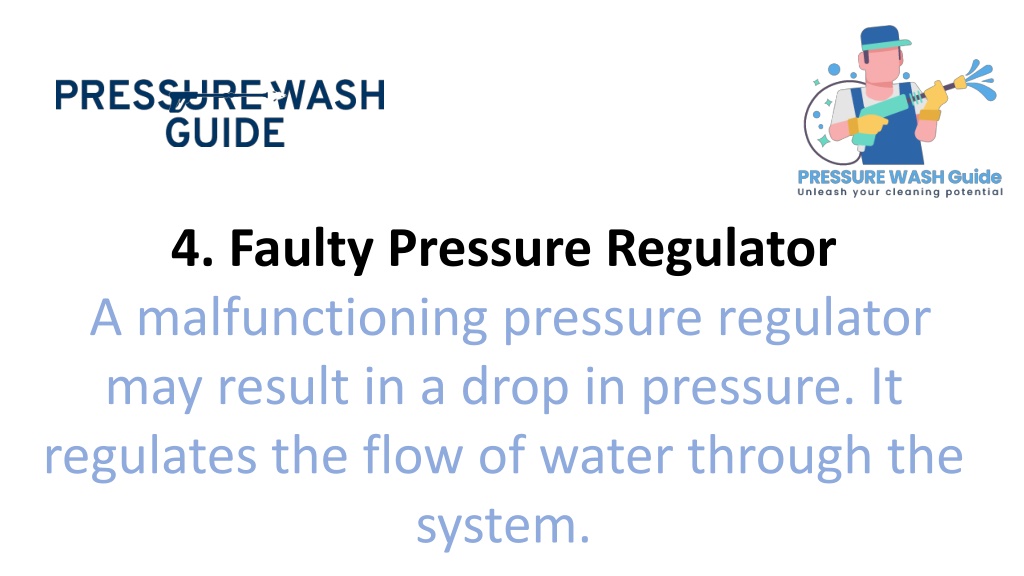
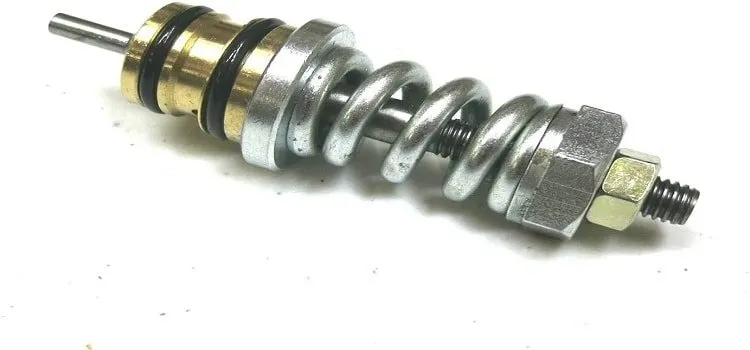

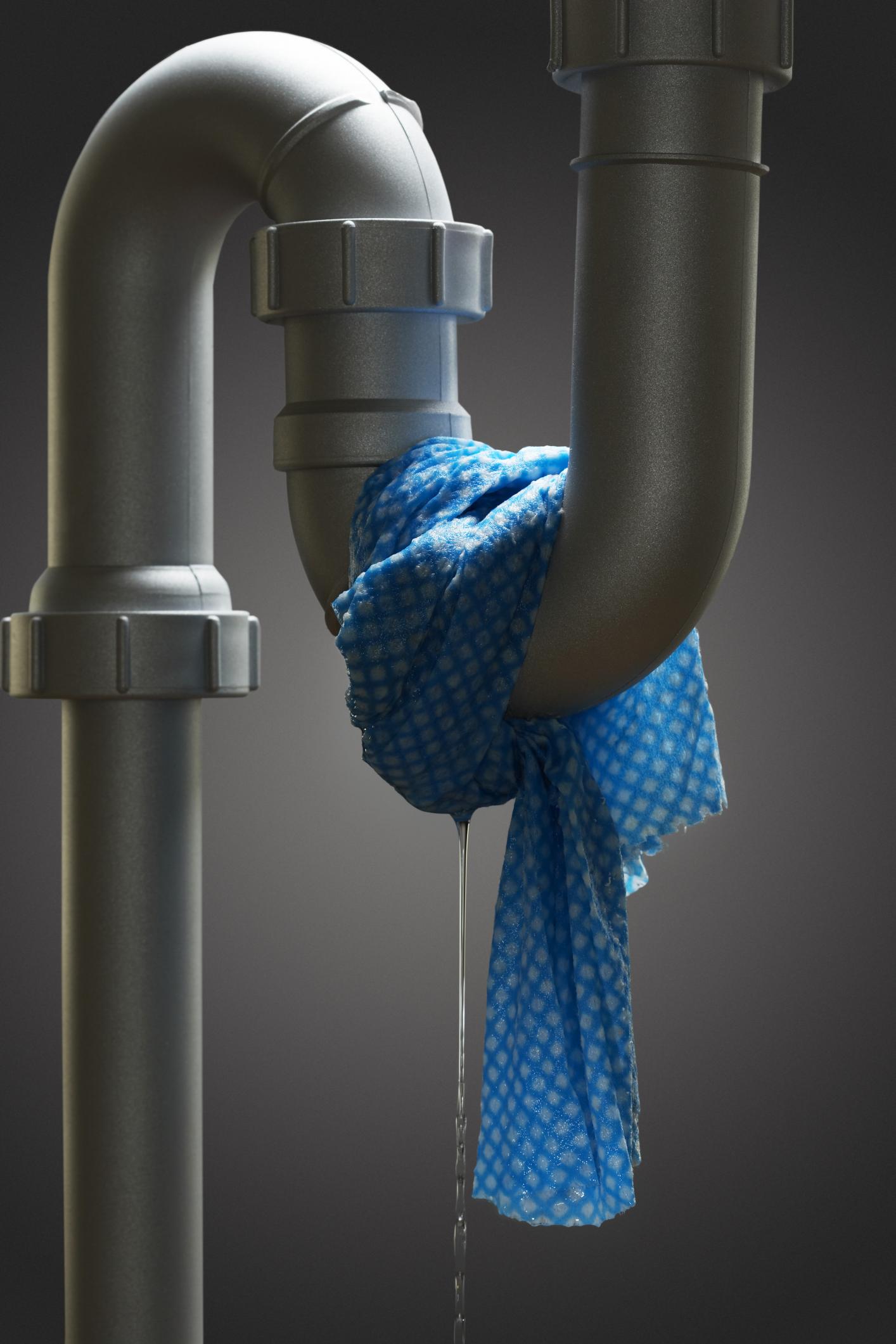


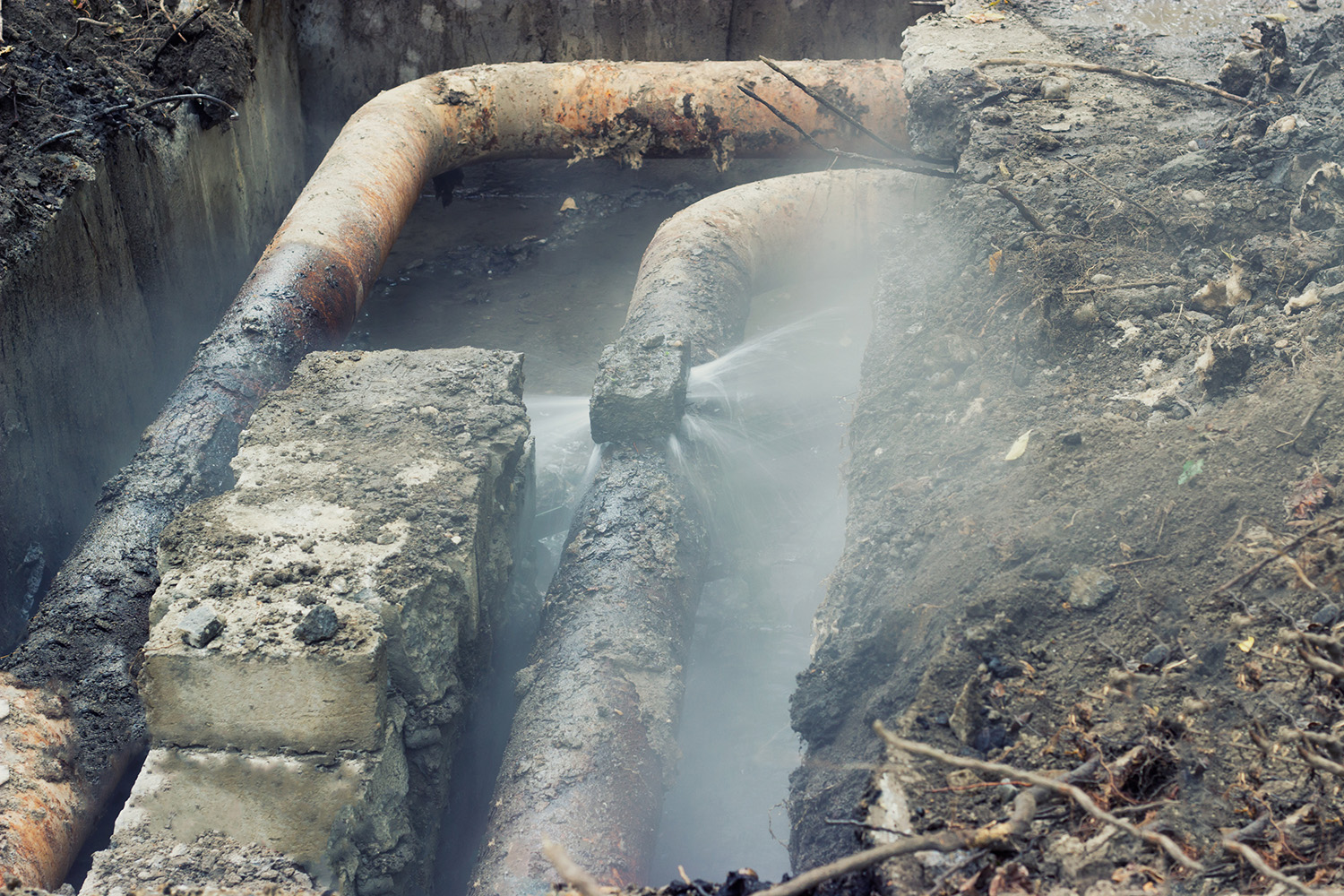
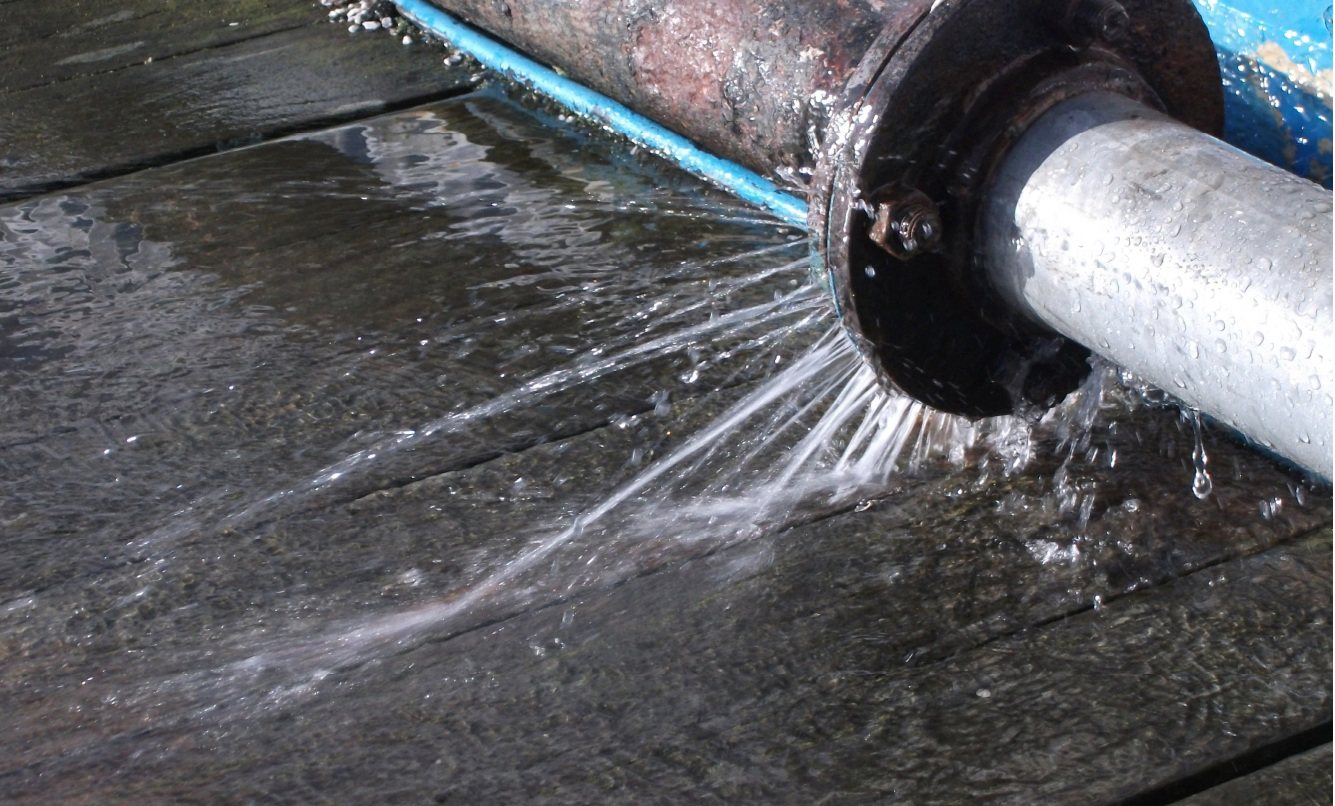

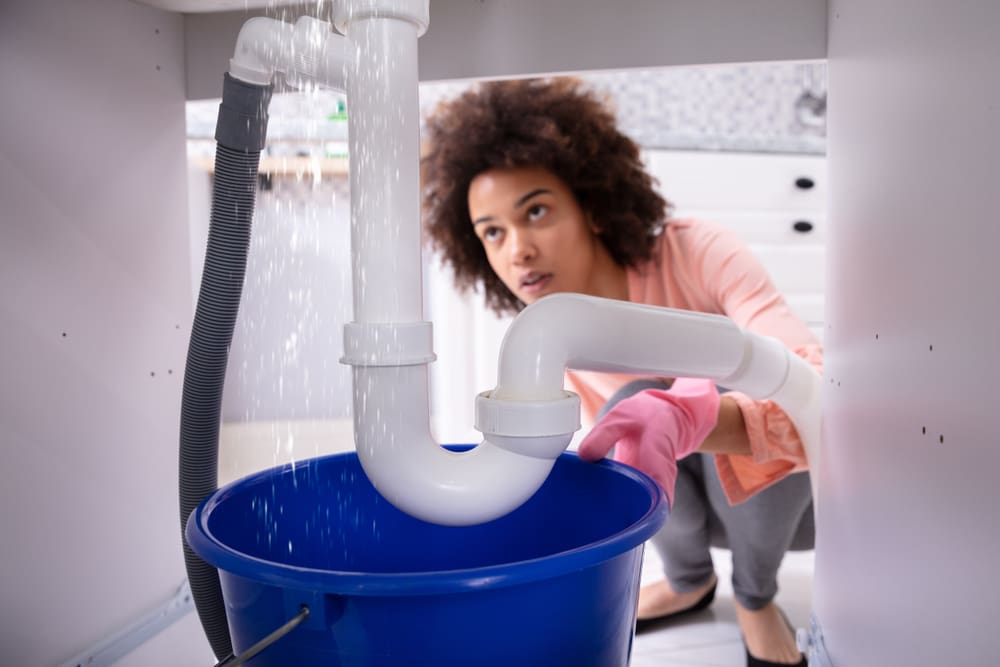
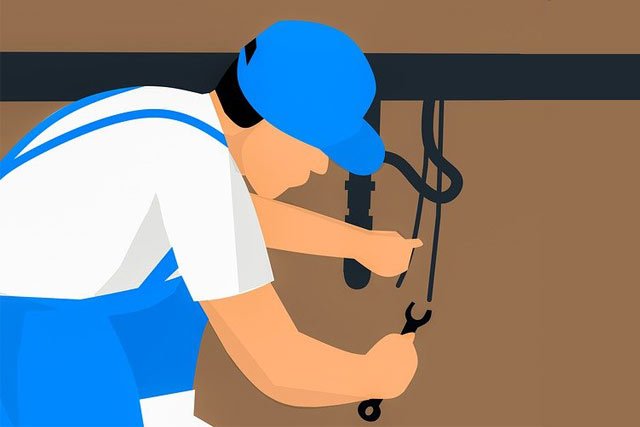
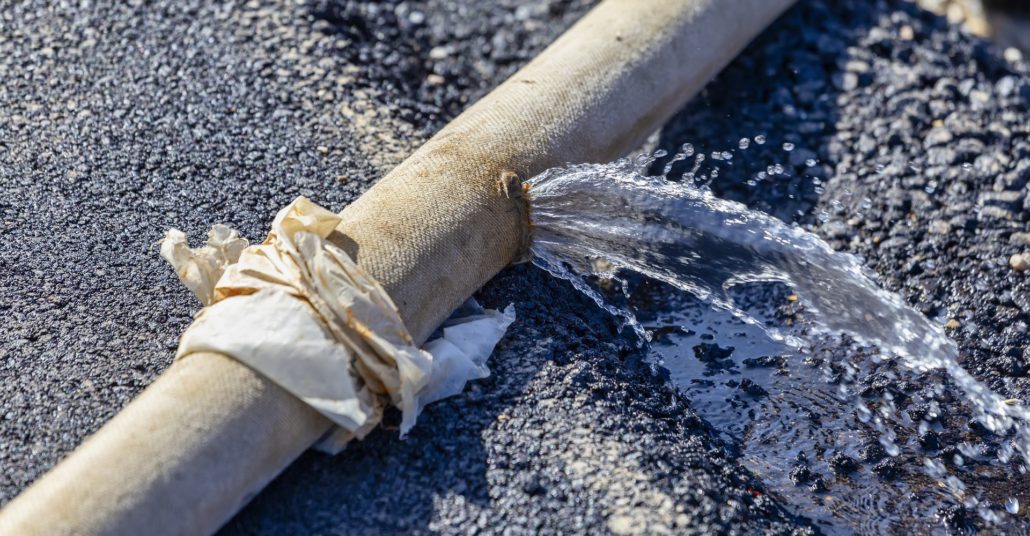
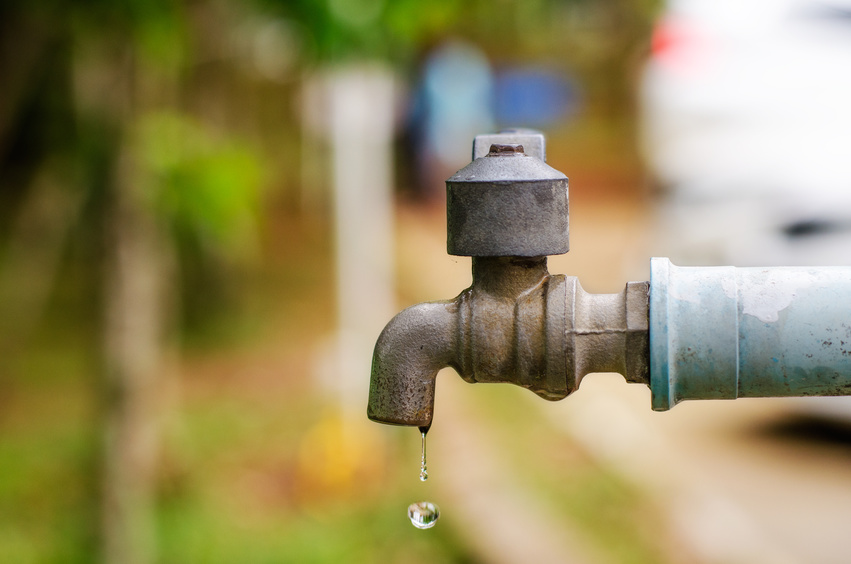
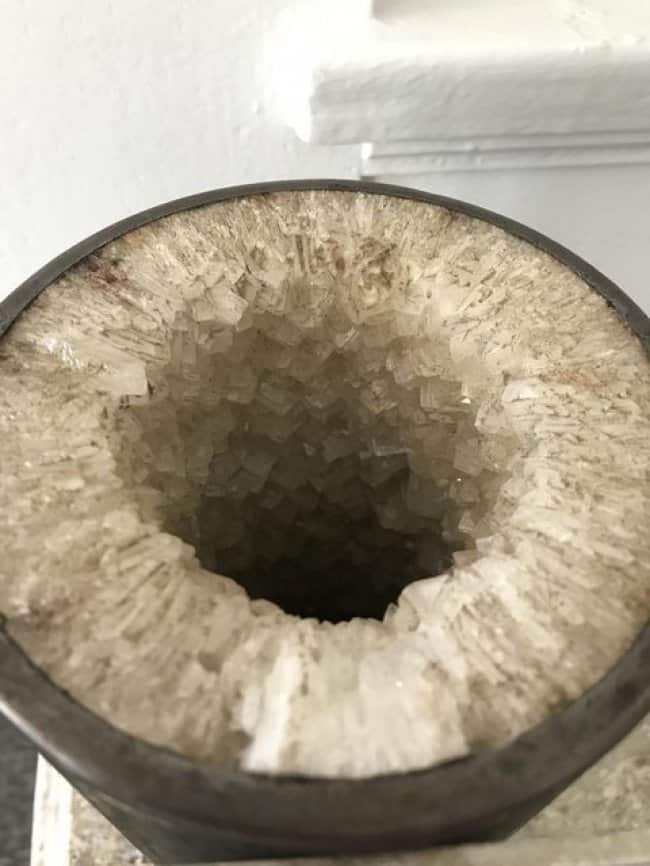

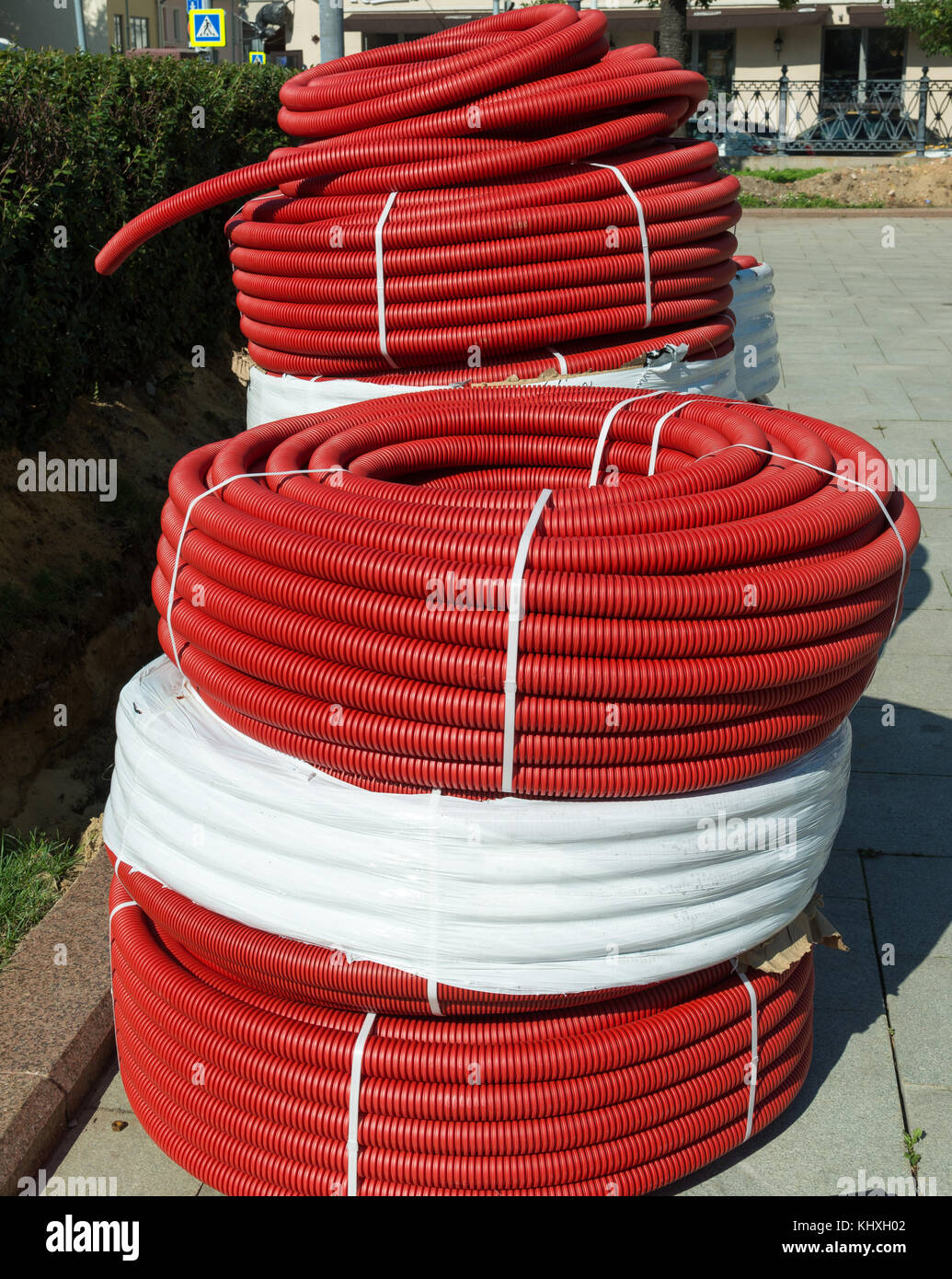
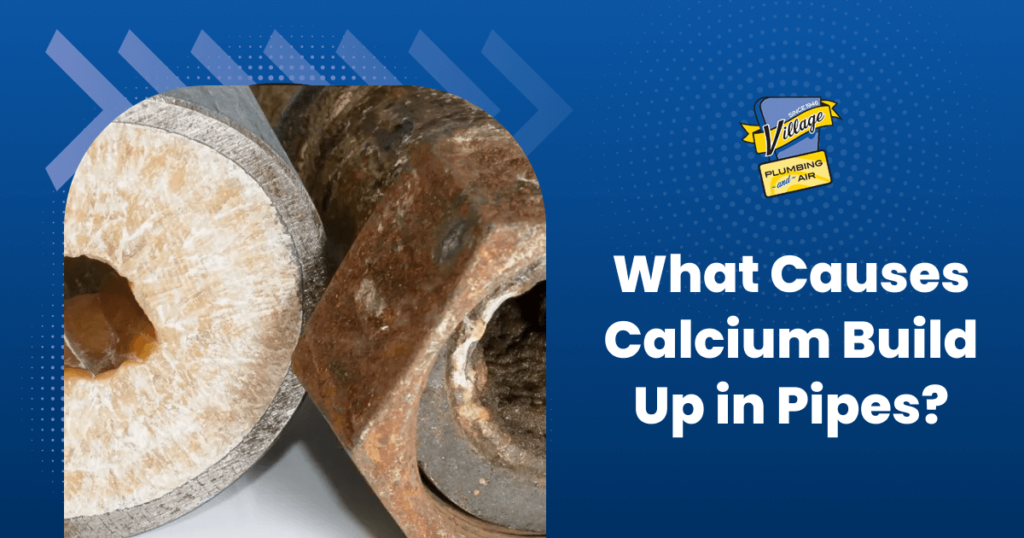
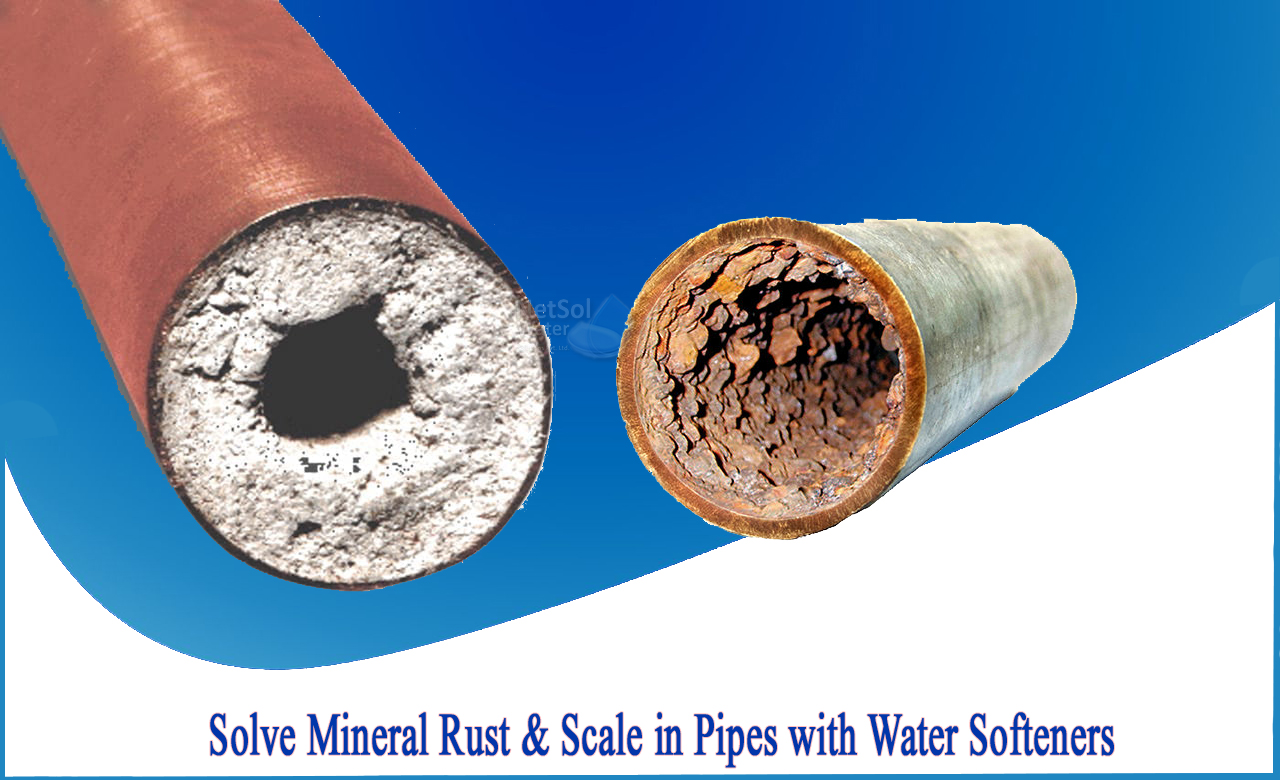







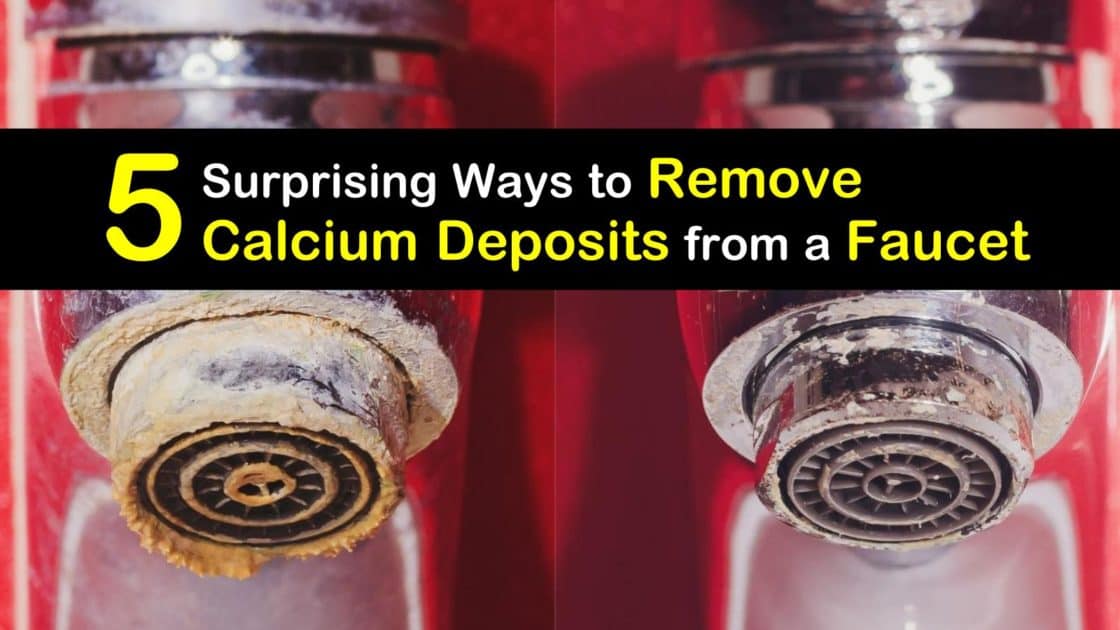




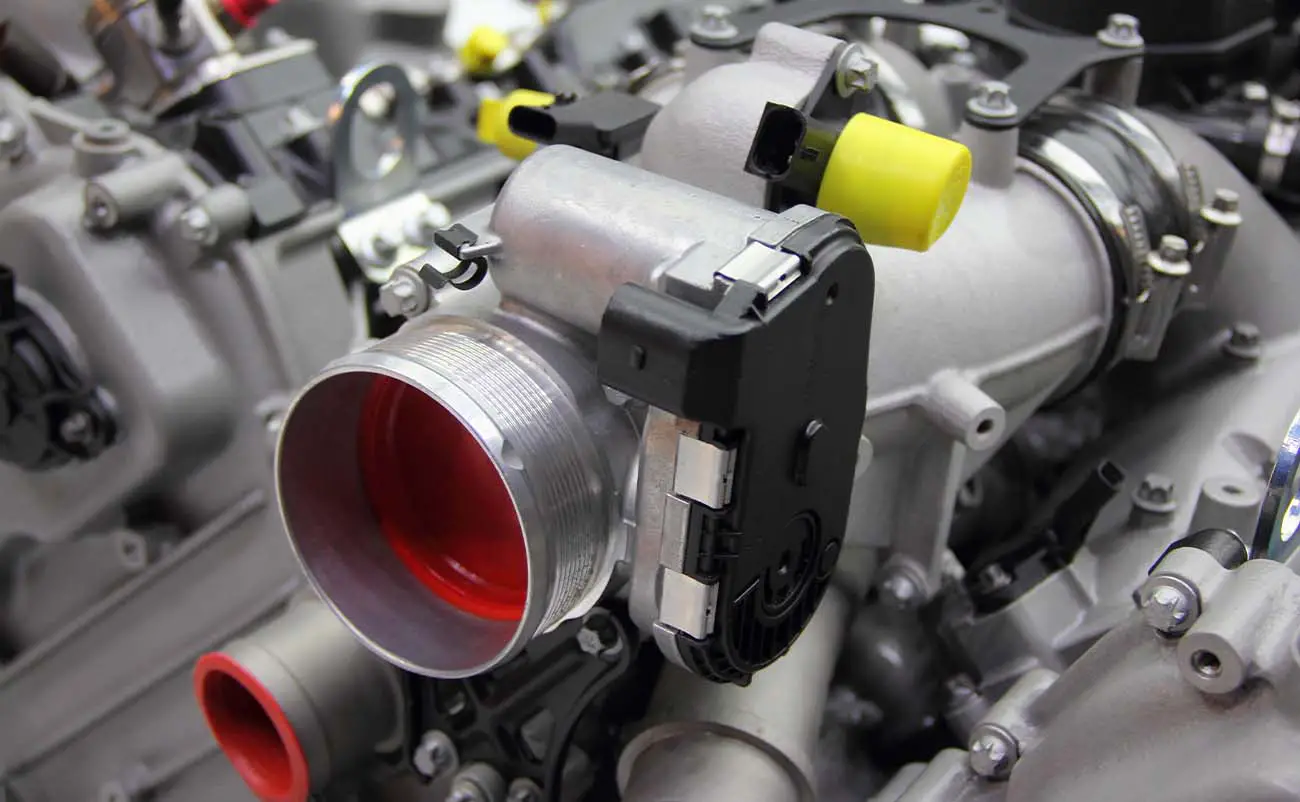
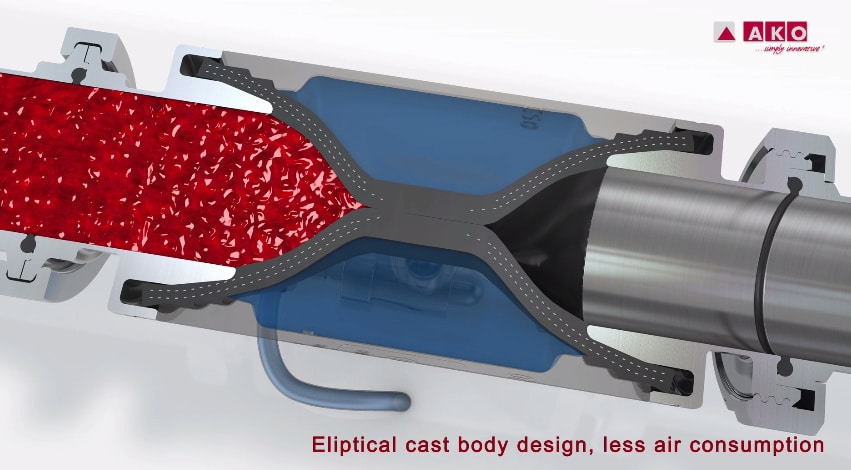
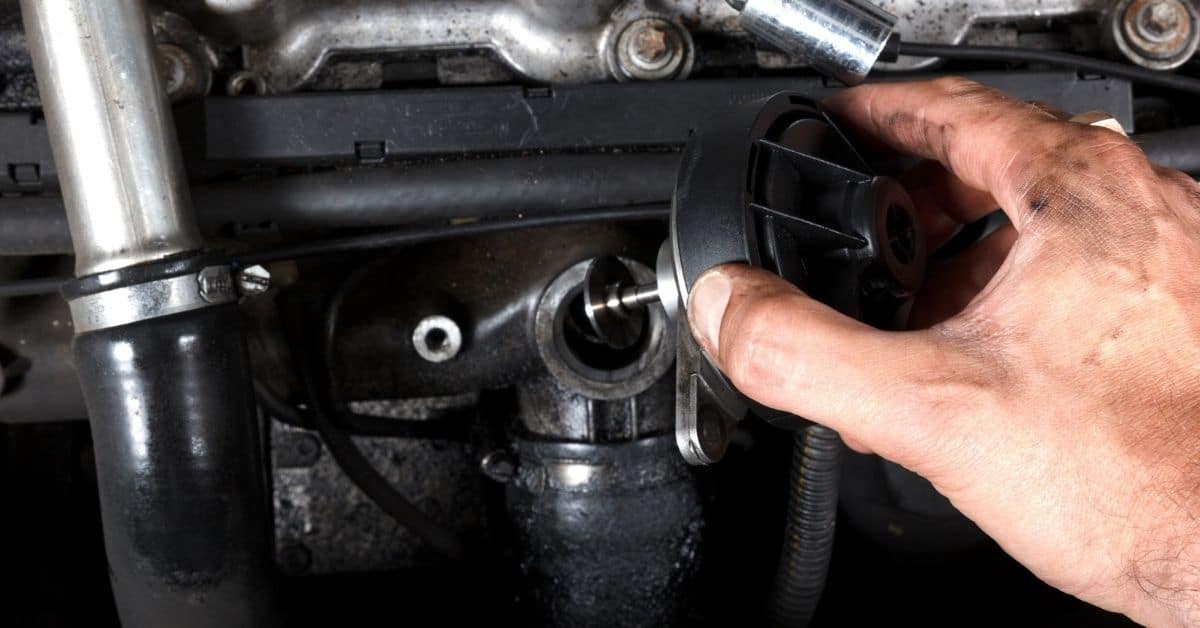



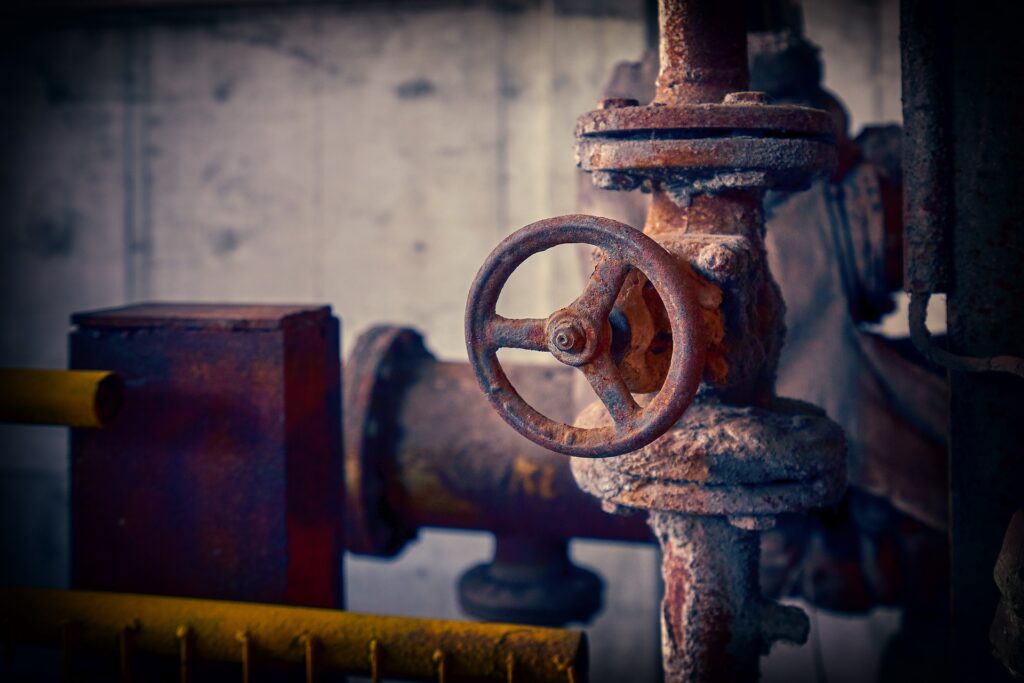
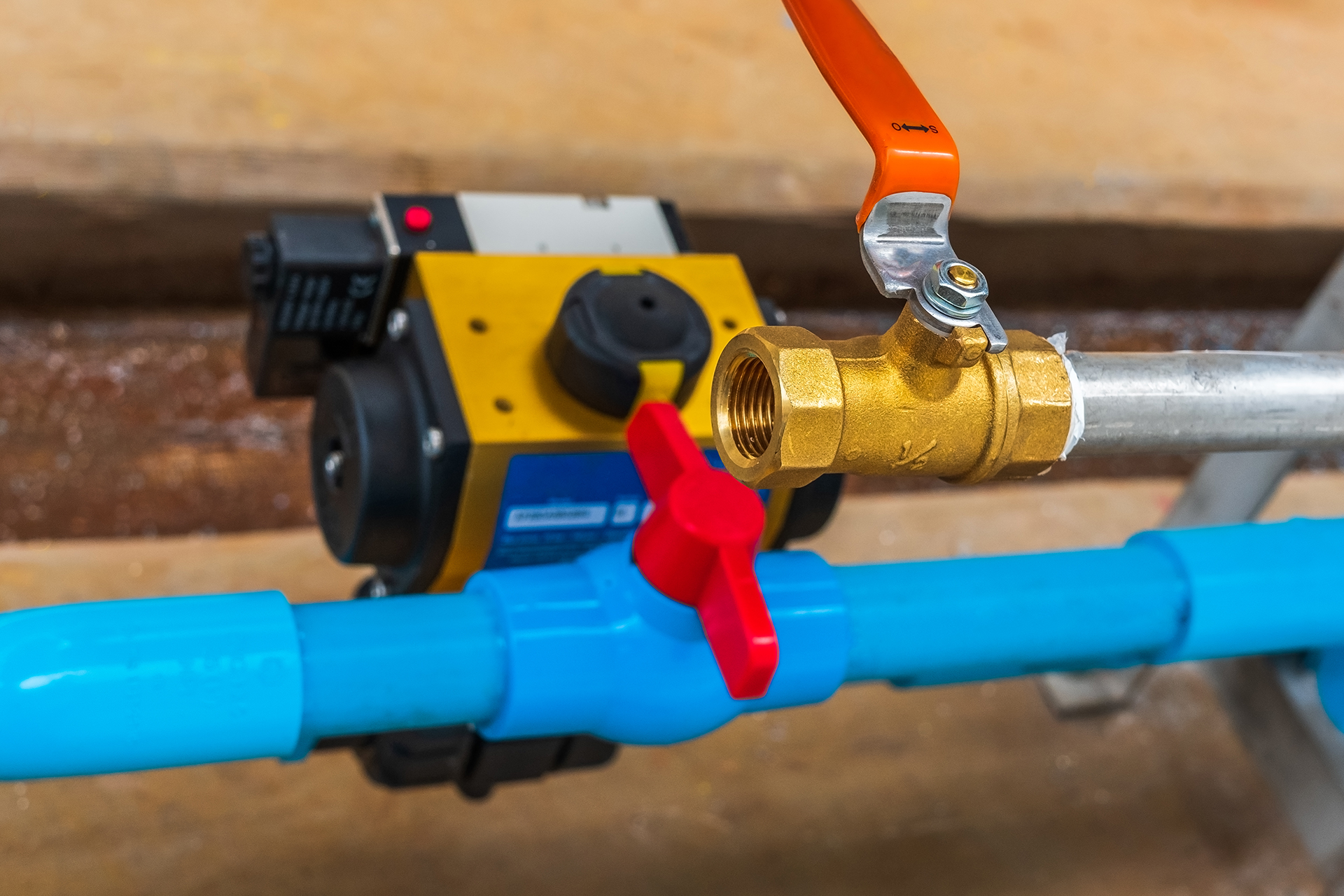



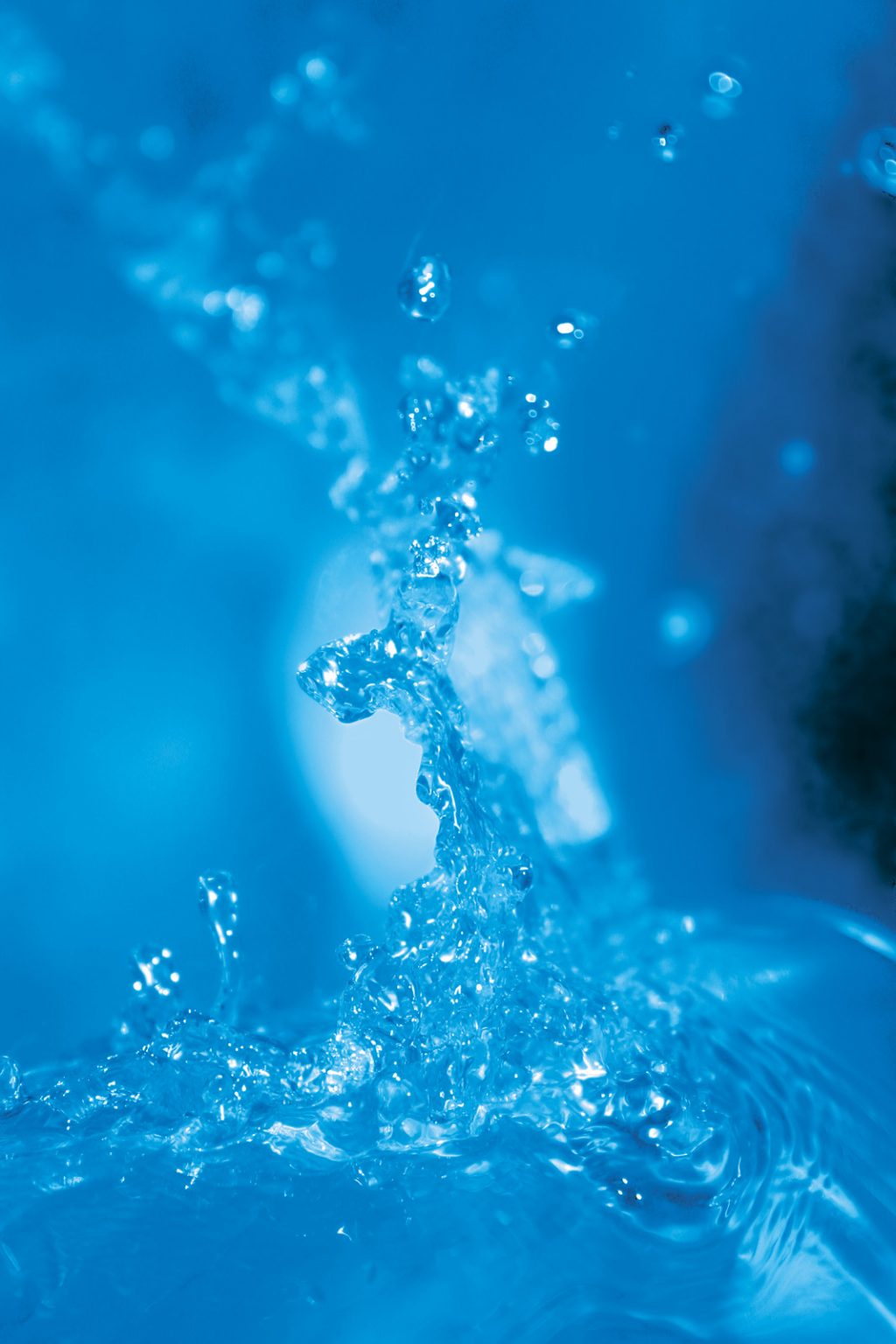






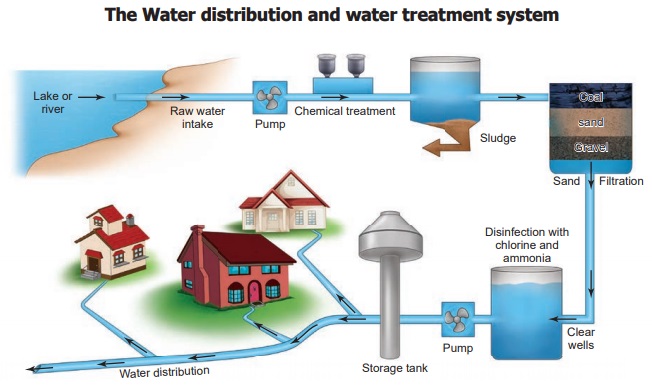


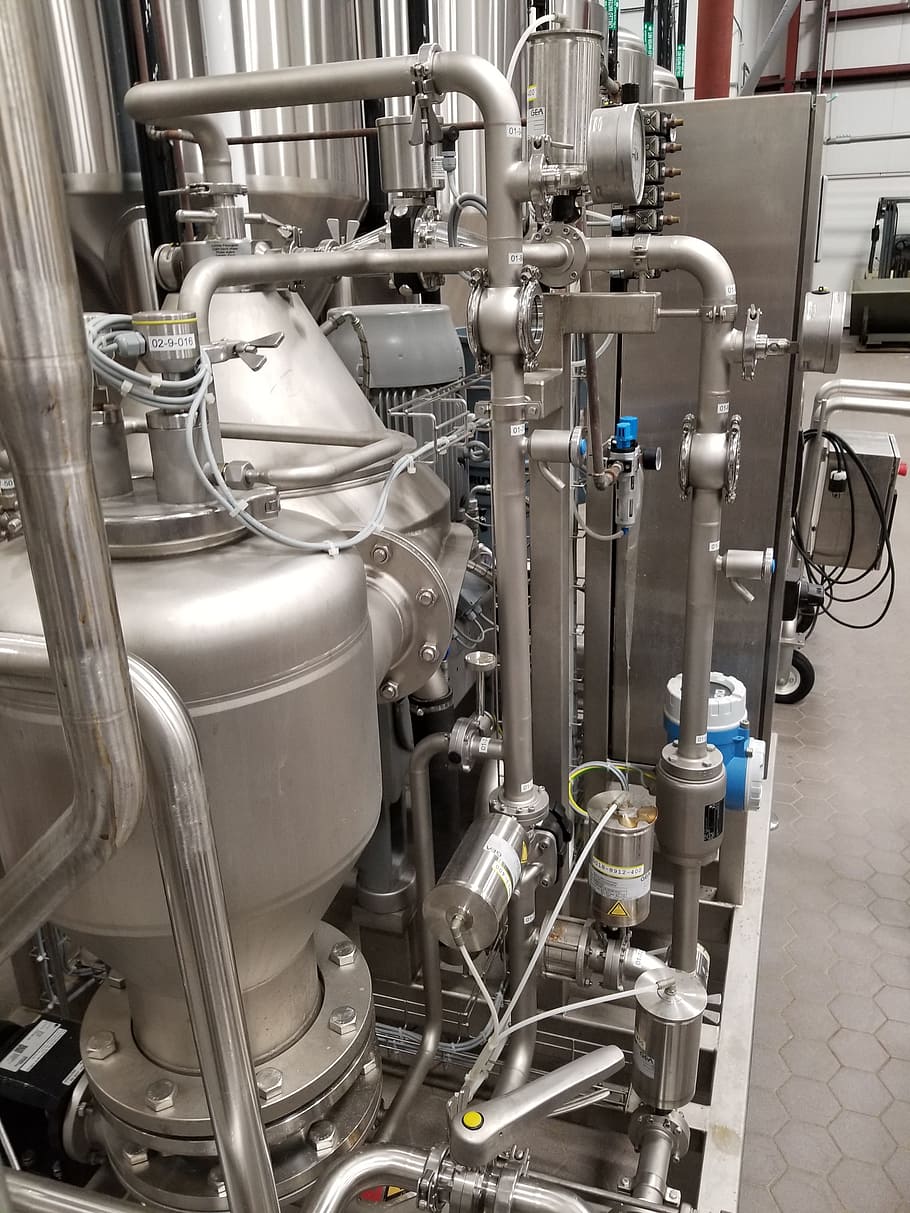



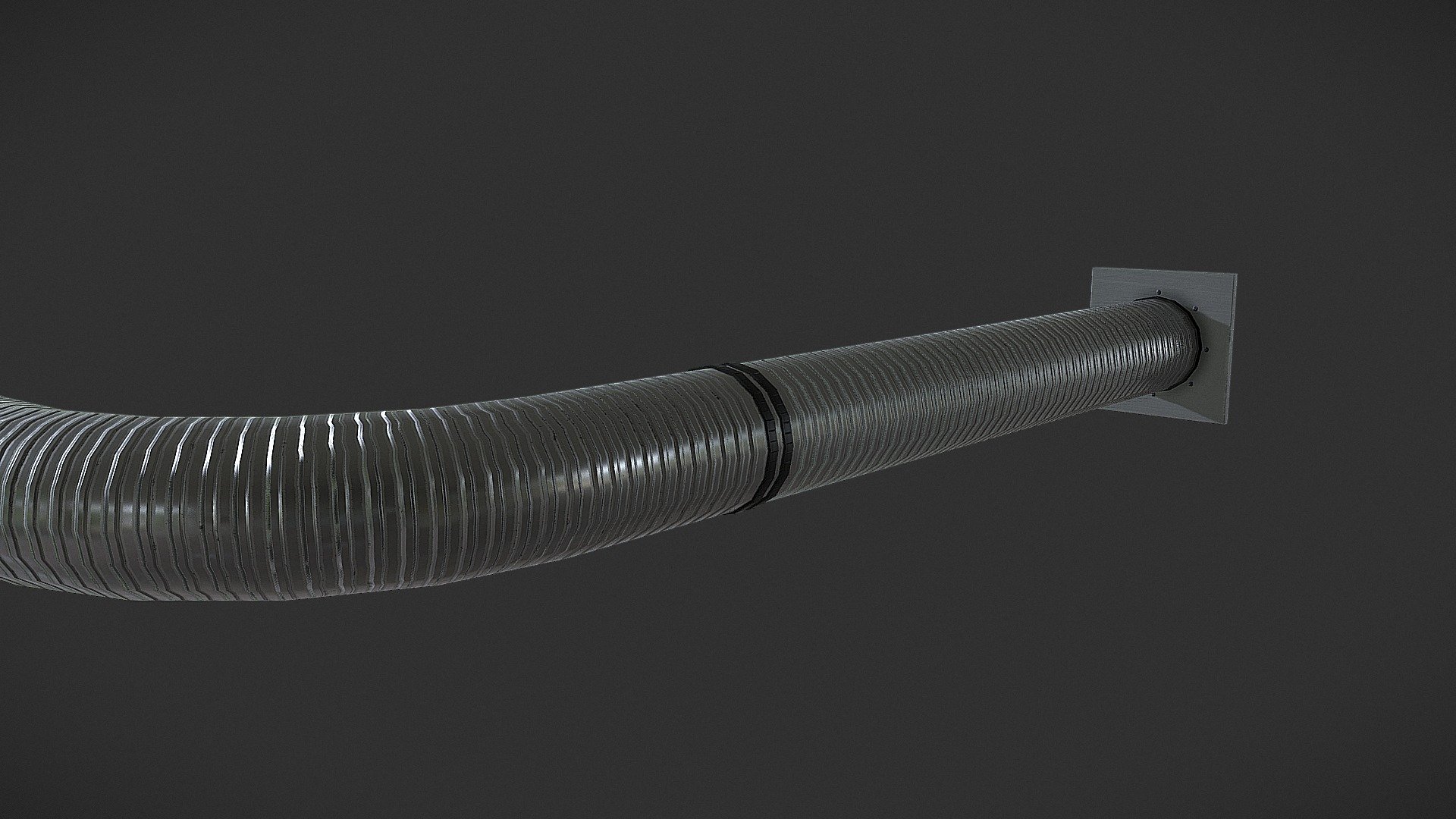





:max_bytes(150000):strip_icc()/replacing-o-rings-cartridge-7d01eeb1-2ac52a8c2f0e4527b415273eacd5b51b.jpg)
:max_bytes(150000):strip_icc()/installing-new-cartridge-546559e3-f17d05089f624c03a531f8521c0122e8.jpg)





